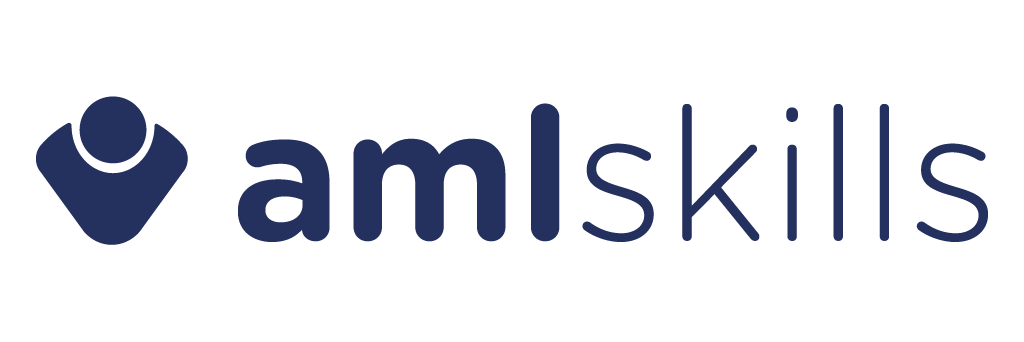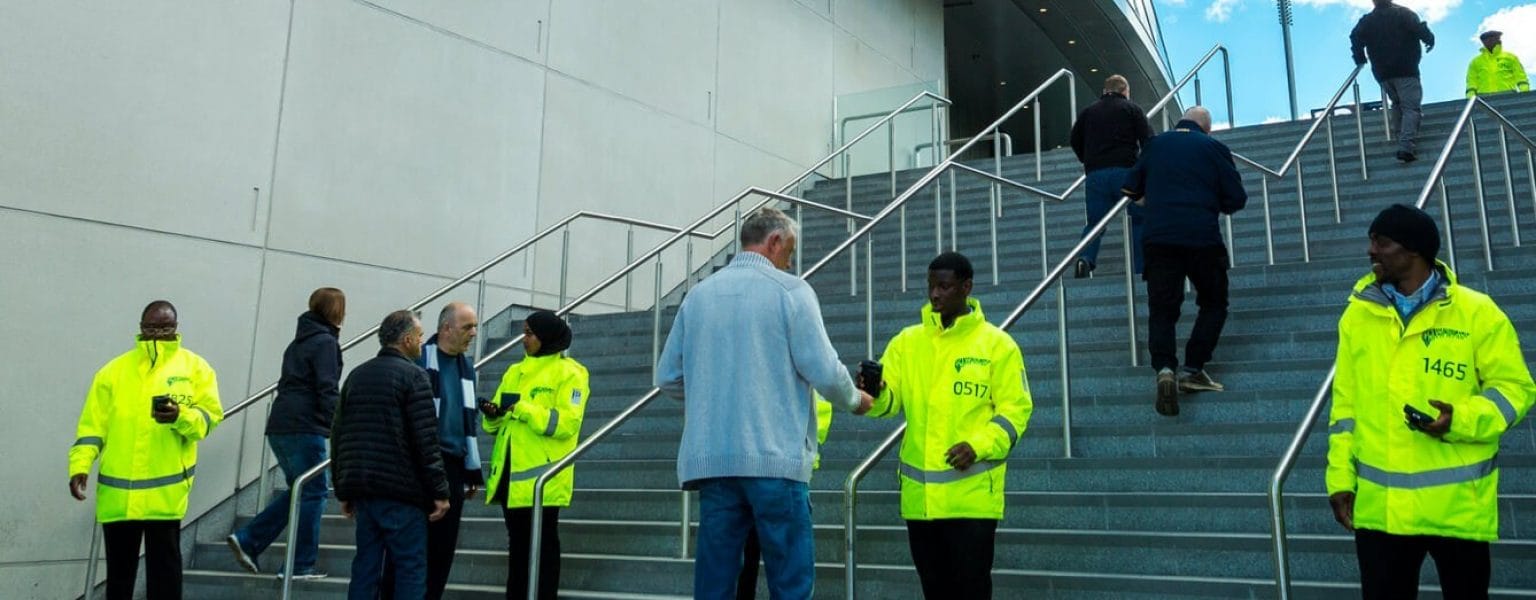Changes to the training you need for an SIA licence
What the changes are, when they will happen, and how they affect SIA licence applicants and licence holders. February 2021
The SIA have made some changes to the training you need to take before you can get a front line SIA licence.
The changes are:
- Introduction of new updated qualifications for all sectors except close protection and vehicle immobilisation.
- You must have a first aid qualification before you can take the training required for a door supervisor or security guard licence
More changes will be made in October 2021:
- On 1 October 2021, an introduction of updated close protection qualifications
- From 1 October 2021, you must have one of the new qualifications or take top-up training before you can apply for a door supervisor and security guard licence – this includes renewals
Why are the changes being introduced?
To make sure that people working in the private security industry can:
- keep the public safe
- follow new working practices
- understand recent changes to the law
- make the best use of new technology
New requirement: first aid training
We already expected applicants for a close protection licence to complete a first aid qualification before taking their licence-linked training. We now expect applicants for a door supervisor or security guard licence to do the same.
You will need to do this if either of the following apply:
- you are applying for a licence for the first time
- it has been longer than 3 years since you last held a licence for that activity
From 1 October 2021, you will also need to do this if you are renewing your licence.
The qualification must be an Emergency First Aid at Work qualification or equivalent.
The requirement for first aid training will improve your skills as an SIA licence holder. It will not change the obligations you have when responding to an emergency.
What do we mean by “equivalent”?
The SIA will accept other qualifications that comply with the relevant guidance from the Health and Safety Executive.
Some examples are:
- First Aid at Work (FAW)
- First Person on Scene (FPOS)
- First Response Emergency Care (FREC)
Your training provider can tell you more about this.
New requirement: top-up training for some licence holders
From 1 October 2021, you must have one of the following before you can apply for, or renew, a door supervisor or security guard licence:
- one of the new qualifications set in place in April 2021
- one of the older licence-linked qualifications and a ‘top-up’ qualification
This applies to any applications submitted on or after 1 October, including renewals. If you submit your application before this date, you will not need to take additional training.
If you hold a door supervisor licence
From 1 October 2021, if you hold a door supervisor licence you can choose one of the following options:
- take the door supervisor top-up training and renew your door supervisor licence
- take the security guard top-up training and switch to a security guard licence
In either case, you must have an Emergency First Aid at Work qualification, or equivalent, before can you take the top-up training.
The security guard top-up training is shorter than the door supervisor top-up training, so is likely to be cheaper. However, you should consider the day-to-day duties of the job that you do. If your job involves guarding licensed premises (such as a pub or a club) you will need to renew your door supervisor licence.


